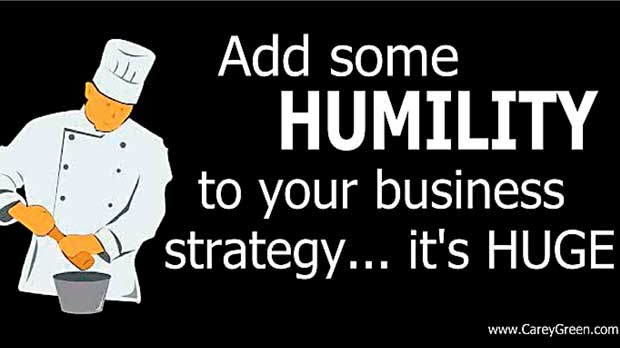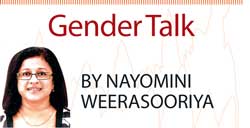Reply To:
Name - Reply Comment


Entrepreneurship is a road that must be navigated with caution and care. When success comes, most of the qualities that an entrepreneur spent time building may be exchanged for what comes with
success itself.
Success in itself maybe a dilemma – for some, success means walking away from the people who were by their side when they started the business. For others, success may mean acquiring new friends, new habits and a whole new set of rules – nothing wrong in all that of course – as long as you remember that being successful isn’t necessarily about being happy, content or grateful – which are qualities we know, keep human relationships vibrant and relevant.
Entrepreneurs know the hardships they undergo to build a business. It’s never an easy ride. There are ups and downs and for some, the learning curves are steeper than anticipated. But when things do work out, they find themselves not particularly learning lessons from their experiences but eager and hungry to join the social climbing network.
On that same take, how many would stay humble through it all? How many would walk the same walk although in better, more expensive shoes, possess the same charm that first got them the customers or care the same way they did back when every call was much awaited? Or has humility been replaced by a misplaced sense of comfort and arrogance even?
There are many stories of entrepreneurs who never gave up or forgot the value of staying true to their beginnings. Earl Bakken, who developed the heart pacemaker and Medtronic, tasted tremendous success yet they never forgot to keep in touch with what was going on. They started other initiatives such as the Chardack-Greatbatch advanced battery that extended the life of the pacemaker and licensed the technology.
Although the move brought in yet another spurt of growth spurt for Medtronic, they did well without the usual corporate arrogance of self-love. Medtronic instead sustains a culture of monitoring technologies and acquires or licenses them as needed, while also using expertise they themselves develop.
Humility is not the best virtue of big-time corporates either – leave alone the entrepreneurs. It has a lot to do with human nature – and lots of money. Granted, it is tough to be humble when you are talking of millions if not billions. Yet, where mega corporations fail in this aspect, an entrepreneur can easily sustain it, eventually letting humility be a key that continues to open doors in many ways than one.
Humility is a clear business asset. As customers, we love business owners who come across as people just like ourselves, are open to suggestions and conversation – above all, we value those people with whom we can sustain social interaction without being intimidated or pushed into a corner. Humility empowers a business owner to make more connections – on a higher level; it conveys the presence of a mature individual who can come to terms with himself/herself and the world around them.
If there were anything to avoid, it would be arrogance and self-confidence. Both are qualities that can easily destroy a business over time. Also dangerous is to assume that you may be smarter than your customers. Have the humility to see the world, the customers and their needs and wants as they are – not as you want them to be. This is true in markets and homes, work places and leisure rounds – what made you a success back at the time was your ability to identify or see a need. In the same way, keep your ears open to sense the world in real time.
Humility will keep your feet on the ground – it will be the radar on which you can acquire, let go and maintain the skills and talent that are vital for success. Too many travel the road of instant success and burn out and sometimes are too ashamed to come back to humility.
A story circulating on social media is one of the legendary Indian actor, Dilip Kumar (DK), and the equally legendary business tycoon J.R.D. Tata. In a film-mad country, Kumar, the story goes, sat alongside the gentleman on a plane and perhaps expected him to know who DK was. But Tata didn’t and as DK found out, was not into films. When DK shook hands with him, he simply introduced himself as J.K.D. Tata. The Tata. When the film legend and the business legend left the aircraft, they were who they were - each a giant in his selected orbit but humble enough to acknowledge that there is always someone greater.
(Nayomini Weerasooriya, a senior journalist, writer and a PR professional, can be contacted at [email protected])